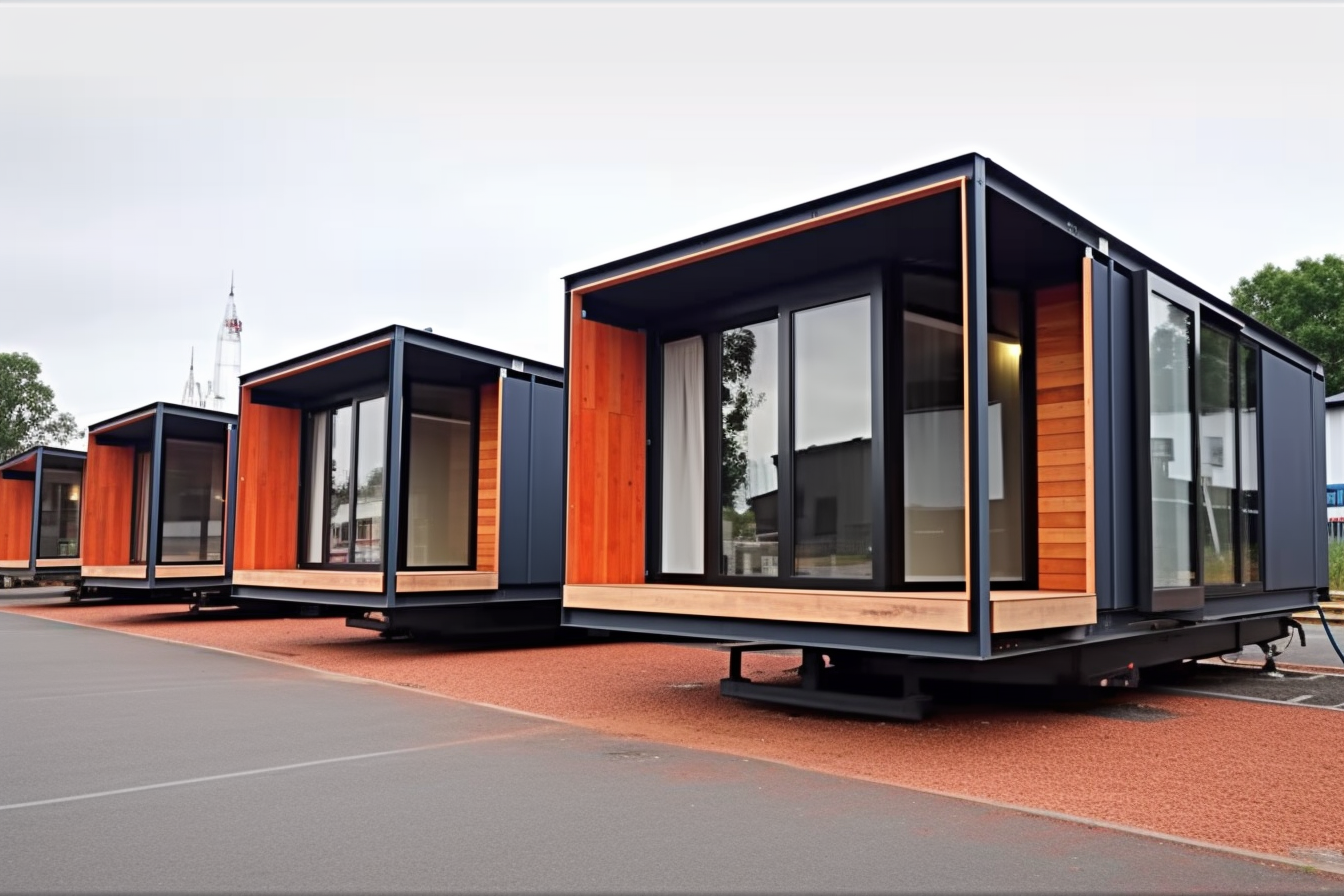What You Need to Know About 24/7 Nurse Salaries For 2025
The demand for round-the-clock nursing care continues to grow across healthcare facilities, private homes, and specialized care settings. Understanding salary expectations for 24/7 nursing positions is crucial for both healthcare professionals considering these roles and facilities planning their staffing budgets. These positions often come with unique compensation structures that reflect the demanding nature of continuous care responsibilities.

General Salary Ranges for 24/7 Nursing Positions
Twenty-four-hour nursing positions typically offer higher compensation than standard shift work due to their demanding nature and specialized requirements. Registered nurses working in 24/7 capacities can expect annual salaries ranging from $65,000 to $120,000, depending on various factors including location, facility type, and specific responsibilities.
Live-in nursing positions, which represent one form of 24/7 care, often combine hourly wages with room and board benefits. These arrangements typically provide between $200 to $400 per day, with variations based on the complexity of care required and geographical location. Private duty nurses working extended shifts may earn $25 to $45 per hour, with overtime premiums significantly increasing total compensation.
Critical care and intensive care unit nurses working rotating 24/7 schedules often see premium pay rates that can exceed standard nursing salaries by 15 to 25 percent. These positions require specialized skills and the ability to handle high-stress situations around the clock.
How Experience and Certification Impact 24/7 Nurse Pay
Experience levels significantly influence compensation in 24/7 nursing roles. Entry-level nurses typically start at the lower end of salary ranges, while those with five or more years of experience can command premium rates. Specialized certifications in areas such as critical care, emergency nursing, or geriatric care can increase earning potential by $5,000 to $15,000 annually.
Advanced certifications like Certified Critical Care Nurse (CCRN) or Certified Emergency Nurse (CEN) are particularly valuable in 24/7 settings. These credentials demonstrate expertise in high-pressure situations and complex patient care scenarios common in round-the-clock environments.
Nurses with bachelor’s or master’s degrees often receive higher base salaries, with BSN-prepared nurses typically earning 5 to 10 percent more than their associate degree counterparts. Advanced practice nurses, such as nurse practitioners, can earn substantially more when working in 24/7 capacities, with salaries often exceeding $90,000 to $140,000 annually.
Facility Types and Their Impact on 24/7 Nursing Salaries
Different healthcare settings offer varying compensation levels for 24/7 nursing positions. Hospitals, particularly large medical centers and teaching hospitals, typically provide the highest salaries due to patient acuity levels and resource availability. These facilities often offer comprehensive benefits packages including health insurance, retirement contributions, and continuing education support.
Long-term care facilities and nursing homes represent a significant portion of 24/7 nursing opportunities. While base salaries may be lower than hospital settings, these positions often provide stable schedules and strong benefit packages. Skilled nursing facilities typically offer salaries in the $60,000 to $90,000 range for experienced nurses.
Private duty nursing in home healthcare settings can offer the highest hourly rates but may lack traditional employment benefits. These positions provide flexibility and one-on-one patient care experiences that many nurses find rewarding. Hospice and palliative care facilities also employ 24/7 nurses, with compensation often reflecting the specialized emotional and clinical skills required.
| Facility Type | Average Salary Range | Benefits Typical | Experience Level |
|---|---|---|---|
| Major Hospitals | $75,000 - $120,000 | Comprehensive | All levels |
| Skilled Nursing Facilities | $60,000 - $90,000 | Good | Entry to experienced |
| Private Duty (Home Care) | $65,000 - $110,000 | Limited | Experienced preferred |
| Critical Access Hospitals | $65,000 - $95,000 | Moderate | All levels |
| Rehabilitation Centers | $70,000 - $100,000 | Good | Moderate to experienced |
Salary estimates mentioned in this article are based on the latest available information but may change over time. Independent research is advised before making financial decisions.
Geographical location plays a crucial role in determining 24/7 nursing salaries. Urban areas and regions with higher costs of living typically offer increased compensation to attract qualified professionals. Rural facilities may offer competitive packages including housing assistance or loan forgiveness programs to address staffing challenges.
The nursing shortage has created a competitive market for 24/7 positions, leading many facilities to offer signing bonuses, retention incentives, and flexible scheduling options. Travel nursing agencies also provide 24/7 staffing solutions, often paying premium rates for short-term assignments in high-need areas.
Understanding the full compensation package is essential when evaluating 24/7 nursing opportunities. Benefits such as health insurance, retirement contributions, paid time off, and continuing education support can significantly impact the total value of a position. Many facilities also offer shift differentials for evening, night, and weekend hours, which can substantially increase overall earnings in 24/7 roles.
As healthcare continues to evolve, 24/7 nursing positions remain essential across multiple settings. Professionals considering these roles should evaluate not only base salary offers but also the complete compensation package, career advancement opportunities, and work-life balance considerations that come with round-the-clock care responsibilities.
This article is for informational purposes only and should not be considered medical advice. Please consult a qualified healthcare professional for personalized guidance and treatment.




